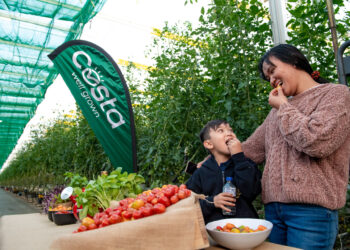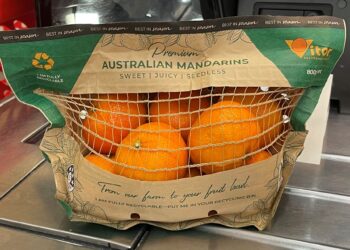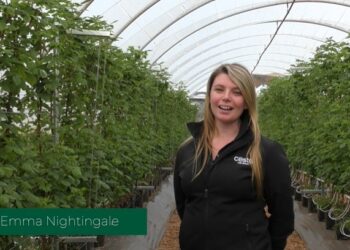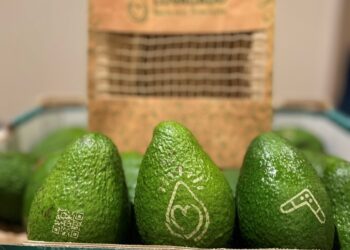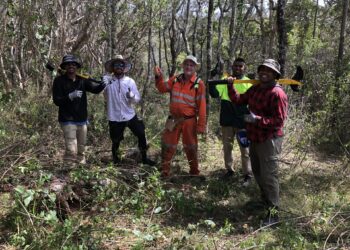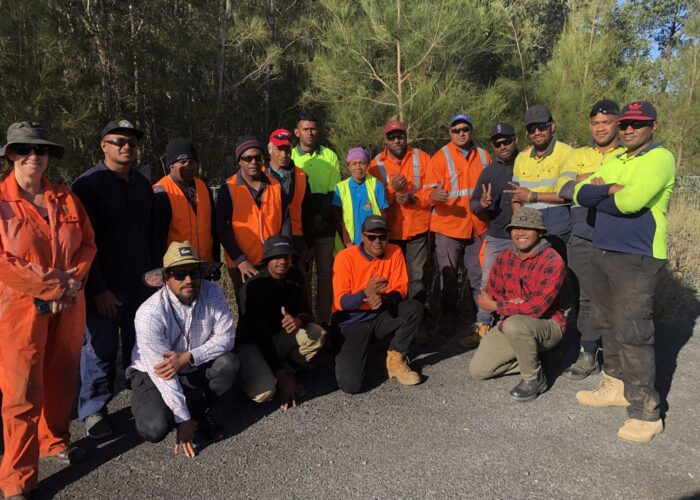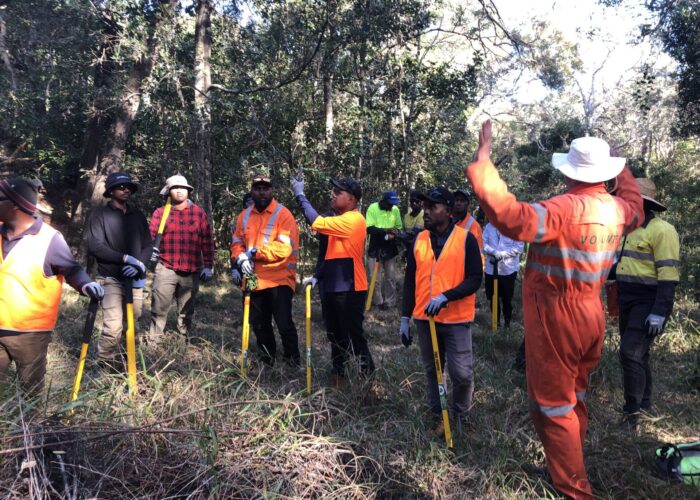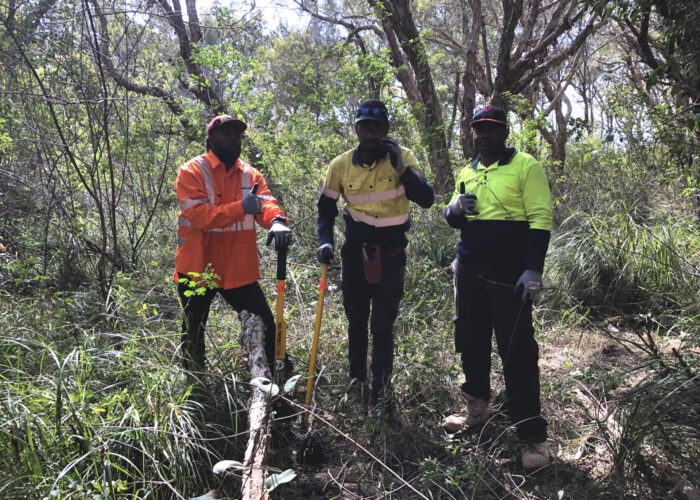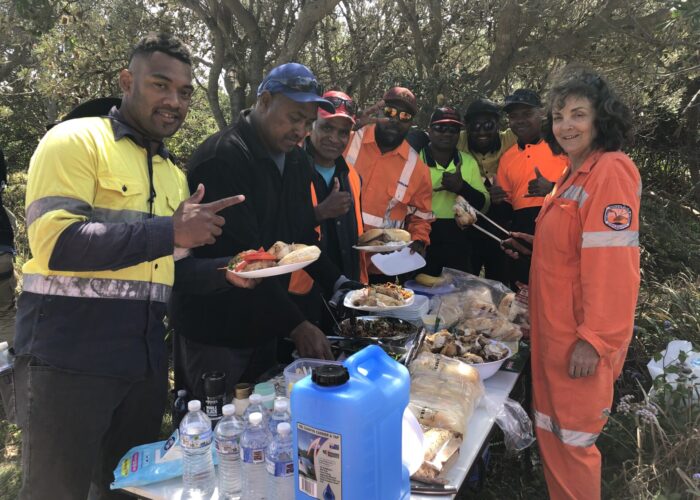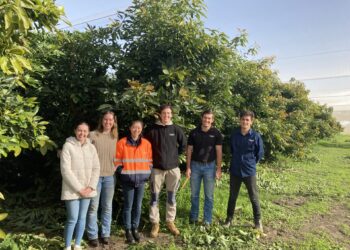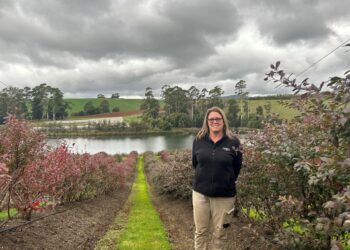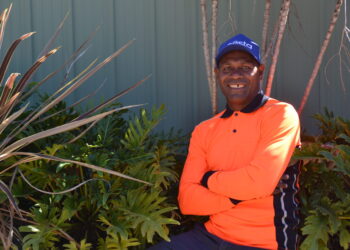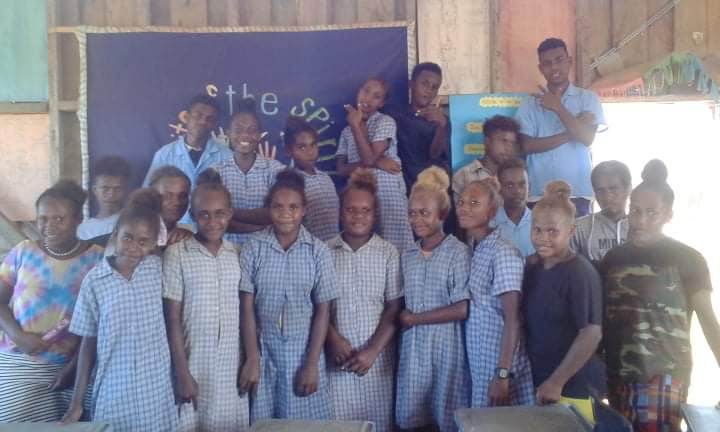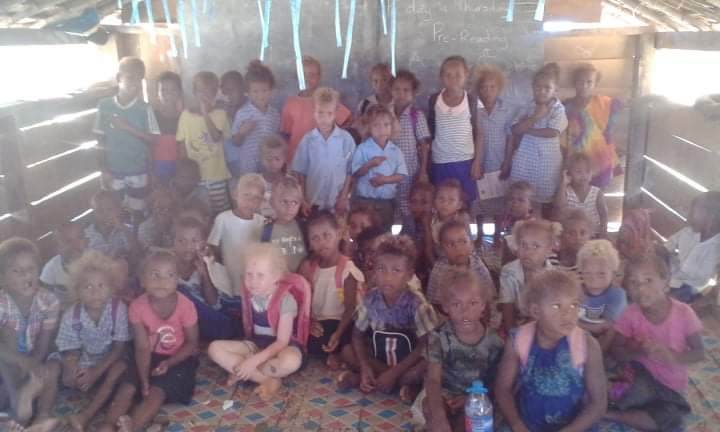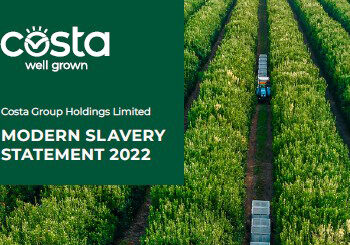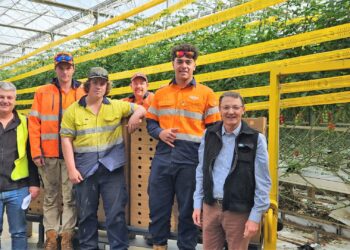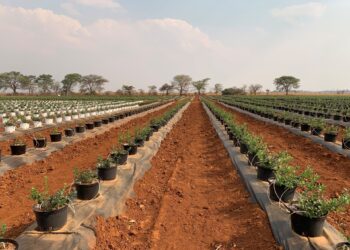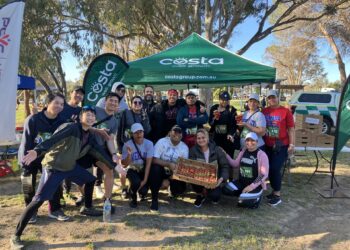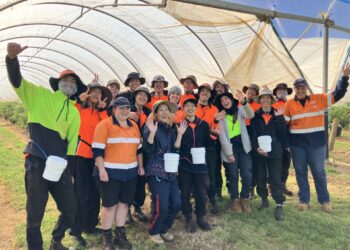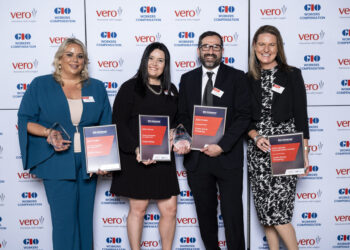Costa Tomato Exchange is once again offering support for local community organisations in the Guyra and Armidale region through its Well Grown Community Grants Program.
Costa is inviting not-for-profit community organisations, sporting associations and schools to register their interest for the 2024 program.
In 2024 we will be awarding five grants up to a total of $4000 each, with one grant to be awarded in each of the following category areas:
- Sporting event/activity which promotes and supports healthy active lifestyles.
- Community event which is aimed at supporting cultural diversity and/or creating strong community connections.
- School project/initiative which enhances education or educational opportunities, particularly in the areas of healthy eating; or nutrition; or sustainability.
- Environmental initiative/activity which promotes the enhancement of our environment.
- Community organisation project aimed at supporting disadvantaged youth and/or Indigenous youth projects.
Organisations seeking to apply for funding will need to complete the Expression of Interest form and submit it online by 5pm Monday, February 19.
Costa operates 40-hectares of state-of-the-art tomato glasshouses across two sites in Guyra, with a production capacity of circa 20 million kgs per annum. Costa employs more than 700 people across a variety of operational and harvest roles.
Information is available here or email Jessica.Delfos@costagroup.com.au


